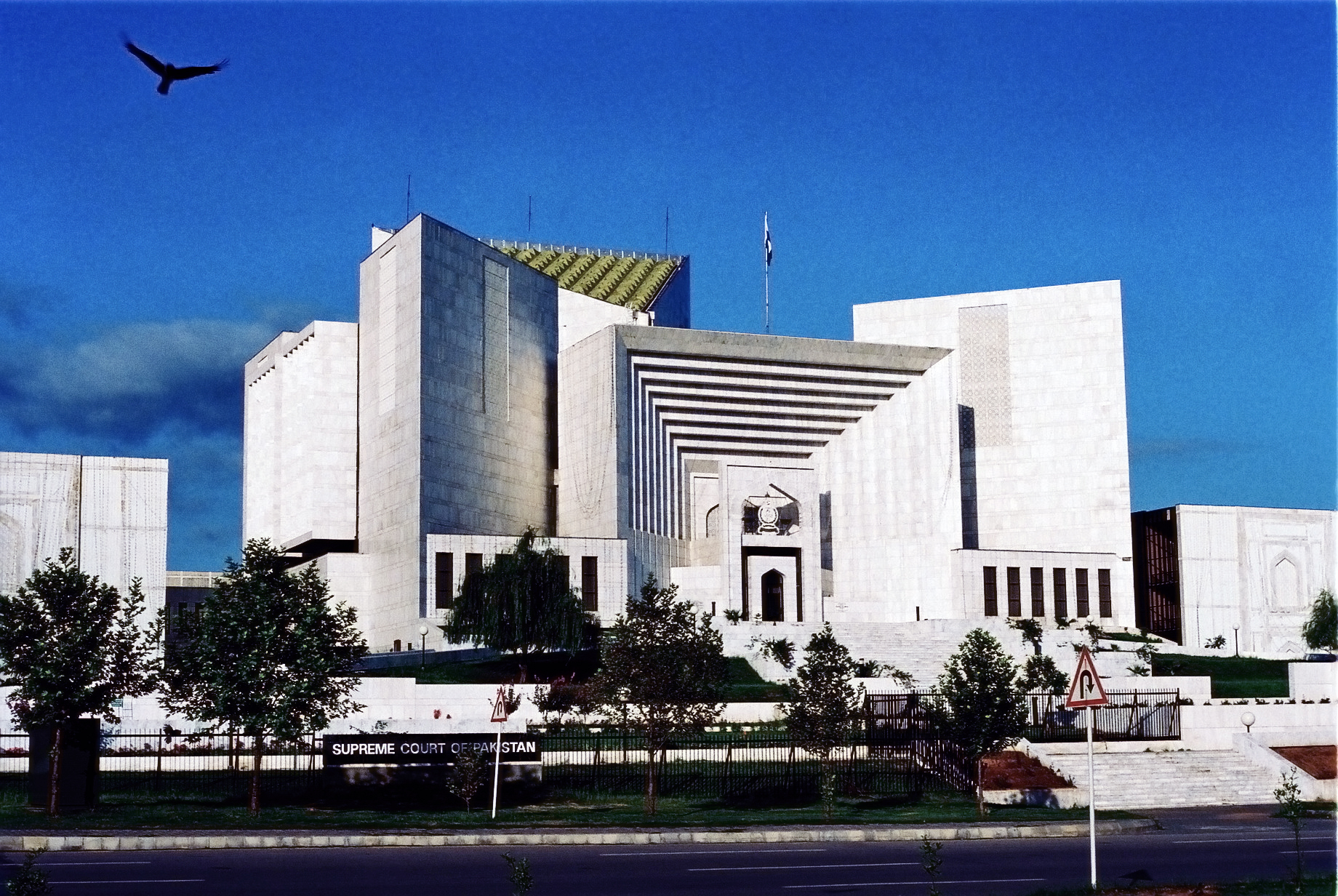
The more things change in Pakistan, the more they remain the same is true not just for the omnipotent military establishment which continues to use the same tactics it has for years, but also for the political parties.
The PML-N has long sought to reign in the judiciary as it has often viewed the courts as being antithetical to what the Pakistan Muslim League’s leaders would like to do. In the 1990s, then Prime Minister Nawaz Sharif tried to intimidate the top judiciary by sending his supporters to storm the Supreme Court. Two decades later when he was prime minister for a third time he was removed from power because of a judicial coup. This time round, the PML-N government led by his younger brother Shahbaz is trying to find a way to reign in the powers of the judiciary.
According to news reports, “a recent meeting of the Judicial Commission of Pakistan was adjourned without a debate on the matter after the law minister revealed that the federal government was considering amending the Constitution to alter the process through which superior court judges are appointed. The discussion was put off because the committee’s deliberations would prove futile in case Article 175A, which sets down the rules for judicial appointments, was successfully altered by the government.”
According to an editorial in Dawn, “there has been a long-running dispute within the superior judiciary over whether judges ought to be appointed based on the ‘seniority principle’, or purely on consideration of merit. It may be recalled that in the summer of 2022, a major dispute had broken out within the JCP over the nomination of several judges by the then chief justice, Umar Ata Bandial. In several letters and statements addressed to the chief justice, the legal fraternity had demanded the formalisation of some objective criteria under which judges’ merit could be assessed, and for the seniority principle to be followed till such time as these criteria could be agreed to. This past December, the incumbent CJP finally formed a committee to deliberate on the matter and make its recommendations. It was this committee’s recommendations that were supposed to be discussed at the recent meeting, which ended up being adjourned without debate.”
The editorial warns, “the government has now been invited to use its powers and make changes to the Constitution in order to more permanently do away with the existing imbalance of power within the JCP, and also enforce a more universally acceptable mechanism for the elevation of judges. As long as such an intervention is aimed solely at making the current appointment system more equitable and giving elected representatives greater say, there appears to be no harm in welcoming it.” But there is need for “the legislative process will remain transparent, and involve all stakeholders in Pakistan’s judicial system.”
![]()





